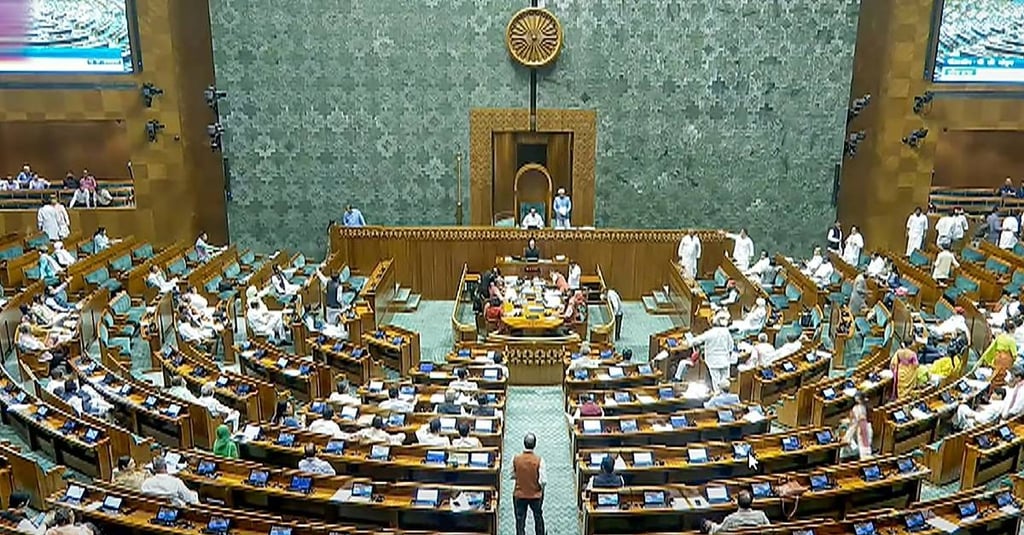Lok Sabha proceedings now accessible in Nepali
Until now, interpretation in the House was available in Hindi and English, and in eighteen other languages including Assamese, Bengali, Bodo, Dogri, Gujarati, Kannada, Maithili, Malayalam, Manipuri, Marathi, Nepali, Odia, Punjabi, Sanskrit, Sindhi, Tamil, Telugu and Urdu.
LOCAL


In a historic move aimed at making parliamentary proceedings more inclusive, the Lok Sabha has announced that all its proceedings can now be accessed in Nepali, alongside Bengali and other recognized languages. This development ensures that members and citizens from diverse linguistic backgrounds can follow debates and discussions in the country’s lower house more easily.
Lok Sabha Speaker Om Birla addressed the House expressing his pleasure at the new initiative. “Honorable Members, I am extremely pleased to inform you that we are now providing interpretation in all the languages mentioned in the Eighth Schedule of the Constitution in the House,” he said.
Until now, interpretation in the House was available in Hindi and English, and in eighteen other languages including Assamese, Bengali, Bodo, Dogri, Gujarati, Kannada, Maithili, Malayalam, Manipuri, Marathi, Nepali, Odia, Punjabi, Sanskrit, Sindhi, Tamil, Telugu and Urdu. With the recent inclusion of Kashmiri, Konkani, and Santali, simultaneous interpretation is now offered in all twenty-two languages recognized by the Constitution.
Speaker Birla emphasized the uniqueness of the Indian Parliament in offering interpretation in such a large number of languages. “India’s Parliament is the only one in the world where we offer simultaneous interpretation in twenty-two languages. This is unparalleled anywhere else in the world. We should feel proud of the Constitution of India and of our country, and proud of our democracy,” he said.
The Speaker further urged members to cooperate in running the House smoothly, highlighting India’s status as the largest democracy in the world.
